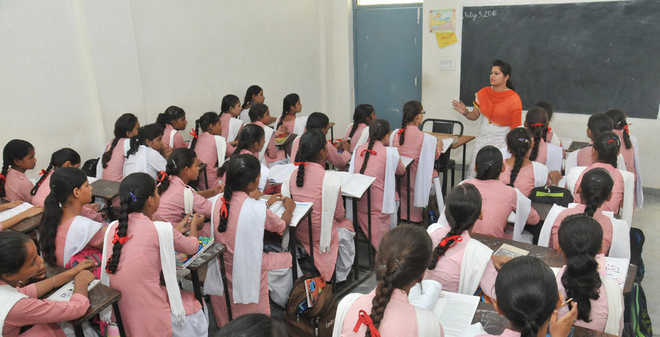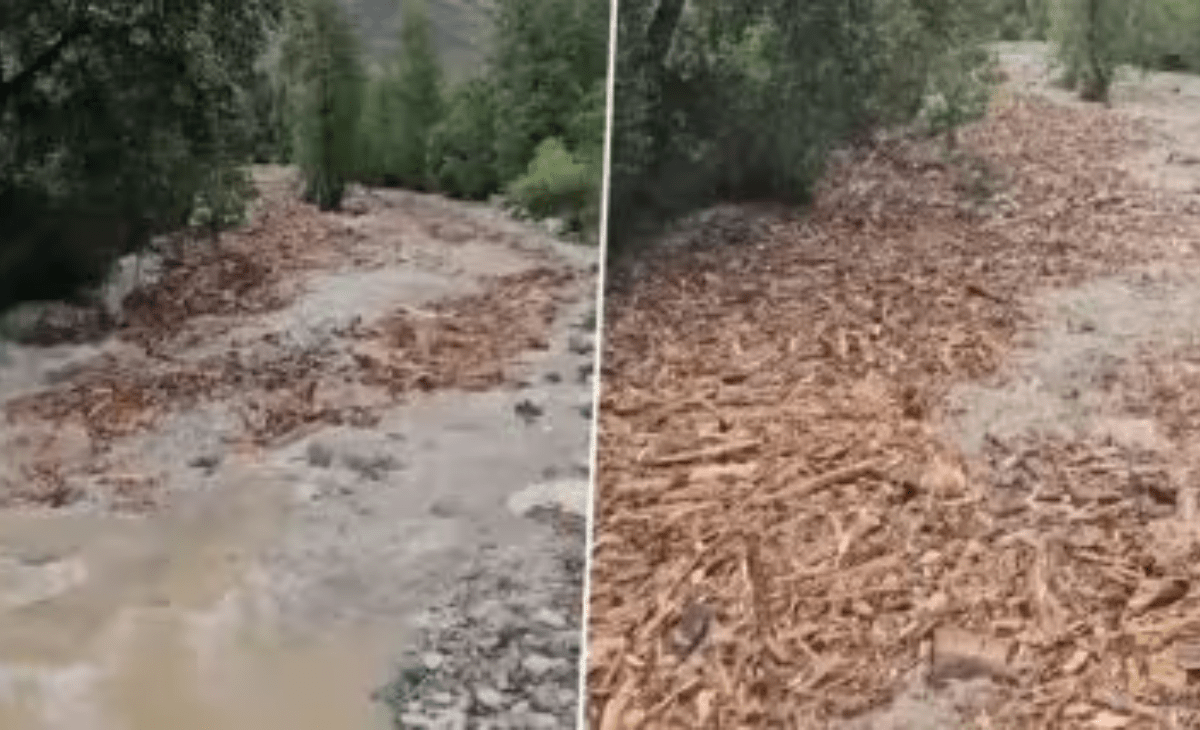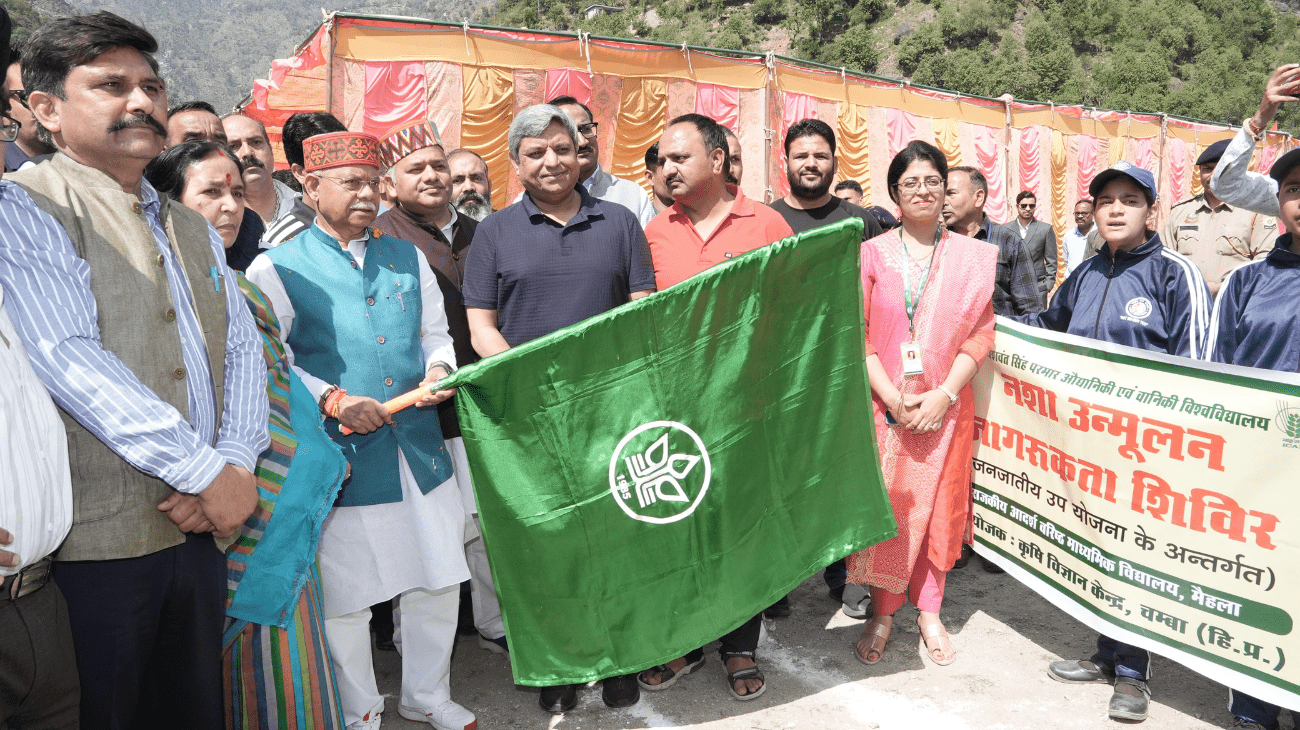TNR Desk
In a bid to streamline administrative processes and prioritise classroom teaching, the Himachal Pradesh government has announced significant changes in the handling of official communication involving teachers in government schools. Effective immediately, teachers will no longer be required to physically visit the Education Directorate or Secretariat to deal with mail-related tasks.
The decision comes as a response to concerns that the absence of teachers from classrooms due to administrative duties has been adversely affecting the quality of education in schools across the state. To alleviate this issue, the government has initiated measures to reduce the non-teaching workload imposed on educators.
Education Secretary Rakesh Kanwar has issued a series of directives to the Project Directorate of Samagra Shiksha Abhiyan, as well as to the Directors of Elementary and Higher Education, outlining the new protocols. Among these instructions is a mandate for officials to refrain from requesting unnecessary information from teachers via formal correspondence.
Instead, officials have been directed to utilise readily available resources such as the U-DICE report and the website of the State Project Directorate of Samagra Shiksha Abhiyan to gather requisite data. This move aims to streamline data collection processes and minimise the need for teachers to engage in administrative tasks that detract from their primary responsibilities in the classroom.
Moreover, the government has imposed a ban on summoning teachers to the directorate or secretariat for data-related matters. In cases where communication is deemed necessary, principals or headmasters have been authorised to issue written orders to teachers, thereby obviating the need for personal visits. The directive also extends to the provision of information related to assembly proceedings, with teachers encouraged to utilise email or WhatsApp for communication purposes rather than making physical visits.






